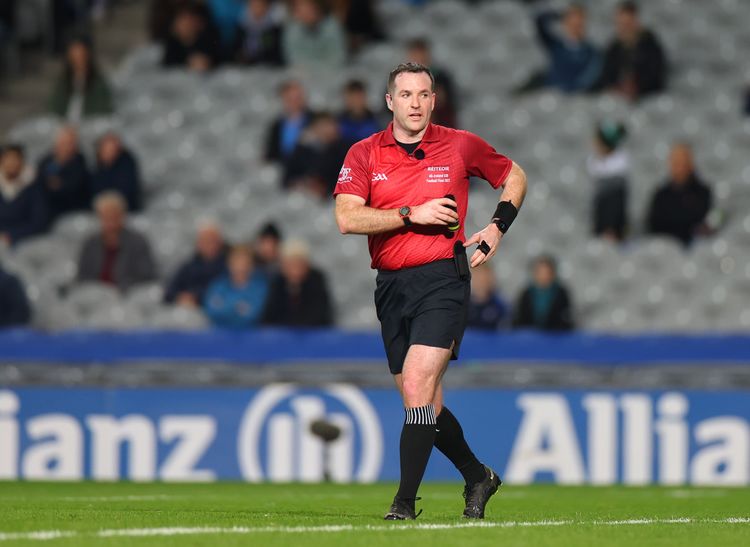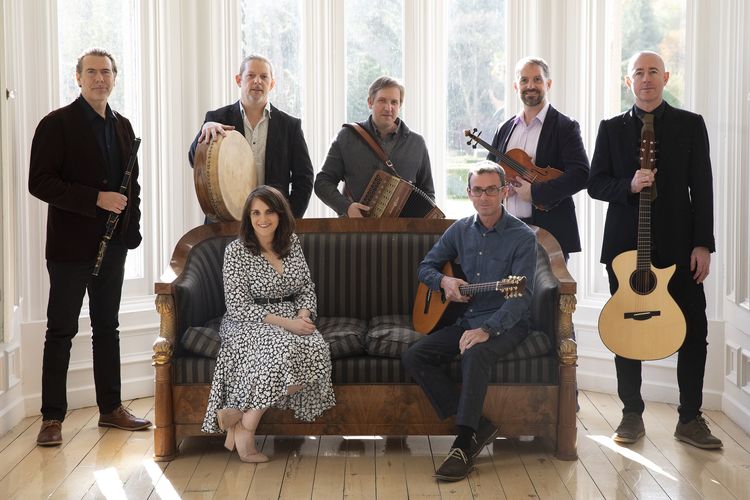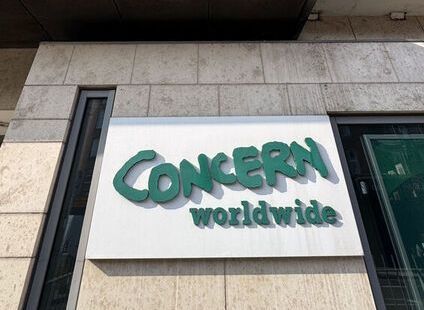By Kieran Rooney
IRELAND departed the Aviva Stadium on Saturday wondering how they had played with with such passion, defensive organization and, at times, great skill but still come away with a 38-18 defeat at the hands of New Zealand.
The answer is quite simple. New Zealand played a brand of rugby that the crowd and the Aviva Stadium or the huge numbers watching on television will rarely witness. They were that good.
It's very hard to see how they will fail to win next year's World Cup, unless perhaps their majestic out-half Dan Carter should pick up an injury. That's the context you have to view Ireland's performance from.
Declan Kidney's team produced easily their best display for a long time. Brian O'Driscoll and Gordon D'Arcy were exceptional in the centre, Jonathan Sexton was excellent at out-half and the pack displayed a tremendous fighting spirit, epitomized by Jamie Heaslip in the back-row.
It all made for a wonderful rugby match. The only pity, from Ireland's point of view, was that Keith Earls did not get in for what would have been a deserved second half try and, in the dying minutes, they should concede an easy score when trying to run the ball out from the own "22".
Even better, of course, if Ireland could somehow have recorded their first ever victory over the All Blacks. They, in fact, led 13-9 until just before the interval, but, in truth, the All Blacks were always going to win this game.
The ferocity of the occasion can be gauged from Ireland's injury list after the game. Hooker Rory Best (fractured cheekbone) and wing Luke Fitzgerald (medial ligaments) have been ruled out for six weeks.
Full-back Rob Kearney is also out of next Sunday's clash with Argentina with cartilage damage while Brian O'Driscoll, Tommy Bowe and Gordon D'Arcy suffered less serious knocks.
It was that sort of occasion. The All-Blacks are playing a type of game which sees them run virtually every ball back at you and, if you are going to survive, you have to put your body on the line.
Ireland did just that from from the first whistle, they had to. New Zealand came at them in waves but the Irish side, hugely improved from the Samoan game a week previously, somehow restricted the visitors to three penalties from Carter for much of the opening half.
What's more, Ireland responed with two penalties from Sexton, one of which was an enormous kick from inside his own half. They were also denied a real chance of a try when scrum-half Eoin Reddan opted to try to chip the ball ahead for Tommy Bowe instead of passing to the wing.
But the near capacity crowd was given the try they were looking for With nine minutes remaining before the interval, Heaslip sent flanker Stephen Ferris racing over to the left of the posts for a try which Sexton converted to leave Ireland 13-9 ahead.
Okay, the pass was surely forward but so were a number of All-Black passes, including one which brought about a crucial second half try. South African referee Marius Jonker did not have a good day.
The key for Ireland was not to concede a try before half time. Unfortunately, after Carter had reduced the deficit to 13-12 with his fourth penalty, the visitors secured that all-important try exactly on 40 minutes.
It down to excessive pressure. Ireland eventually became slightly disorganized and Anthony Boric took advantage to scramble is way over for a score which Carter inevitably converted.
So, Ireland went in 19-13 down instead of leading. It was a massive turning point, as within nine minutes of the restart New Zealand had moved 33-12 ahead with further tries from Kieran Read and Sam Whitelock.
Frustratingly, the referee had missed a forward pass in Whitelock's try, and, to compound matters, Carter had landed both conversions. It was, without question, game over but the real worry was that the Irish team could have faced real humiliation.
To their credit, they dug in. Their pressure was rewarded after a wonderful pick-up from Brian O'Driscolll brought him a well deserved try and later substitute Earls was denied a further try when he was tackled into touch on the corner flag by Corey Jane.
Probably he should have gone to ground earlier and slid in. They are the sort of chances you have to take because in those dying minutes Read got in for his second try for New Zealand after Ireland had tried to build something from close to their own line.
Afterwards, the crowd was genuinely appreciative of Ireland's efforts. The All-Black management team were also genuine in their praise of what was a test match of real quality, stating that their ability to score when it mattered was a crucial factor.
For Declan Kidney there was a realization that his team had played very well but gotten no reward. Quite rightly, he's not in the business of talking about glorious Irish defeats.
He desperately wanted to see his team end their losing run against the All-Blacks, so he looked at the things that Ireland could have done better. "Yes, I suppose the performance would give encouragement." he stated.
"But we need to work on things. If you look at the turnovers. We must get the simple things right. If we don't, we put our defense under a lot of pressure."
What Kidney clearly wants is the result, even against a team of New Zealand's quality, to go with a good performance. It's now absolutely vital he gets both against Argentina in the final game of the series.
"We need to get back to winning ways." admitted Kidney. "Argentina will present a much different challenge to those we faced against Samoa and New Zealand.
"That's the benefit of this series. It's brilliant to have a four-match series in that we can learn more about ourselves. But we want to be winning games, along with learning about ourselves."
Munster beat Aussies
QUITE apart from Ireland's performance against the All Blacks, there were a number of other encouraging aspects on the Irish rugby front over the past week.
Most obviously, a badly under-strength Munster side beat Australia 15-6 at Thomond Park. Admittedly, it was not the Australian test team, but this was an outstanding Munster success nonetheless.
That made it so encouraging was the fact that it was achieved by such a young team. In a match played in dreadful conditions of wind and rain, the outfought their rivals to win with three penalties and two drop goals from out-half Paul Warwick.
Yet, Warwick was not named Man of the Match. That honor went to the highly promising second-row Ian Nagle who once again gave a magnificent line-out performance.
To complete matters, much the same understrength Munster side then defeated Llanelli Scarlets 27-26 in a cracking match at Musgrave Park on Sunday to stay out in front in the Magners League table.
Possibly the highlight was the fact that centre Barry Murphy showed that he has recovered from his injury problems to score one of Munster's three tries.
Elsewhere on Sunday, Ulster secured a much needed victory by thumping Cardiff Blues 37-15 away with two of their five tries coming from the talented 19-year-old wing Craig Gilroy.
On Friday night, a much more experienced wing, Shane Horgan also crossed for two tries as Leinster Beat Gwent Dragons 27-6 at the RDS. It was a fine performance from what was a very young Leinster side and the bonus point victory moves them to fifth spot in the table.
Sadly, Connacht are moving the other way, having narrowly lost out 16-15 to the Ospreys at the Sportsground. They lie third from the bottom.
Cavan's Murray wins lightweight bout
CAVAN'S Andy Murray is hoping to get a shot at the European title after getting off the floor to defeat Brazilian lightweight Claudinei Lacera at Castlebar on Saturday night.
Murray was a comfortable 98-92 winner after 10 rounds but not before be had received a major scare. Lacera, ranked 14 in the world, dropped him with a right hand in the opening round.
But the 28-year-old used his experience to recover and take control. His aim now is to get a fight with his namesake, Manchester-born John Murray for the European title.










